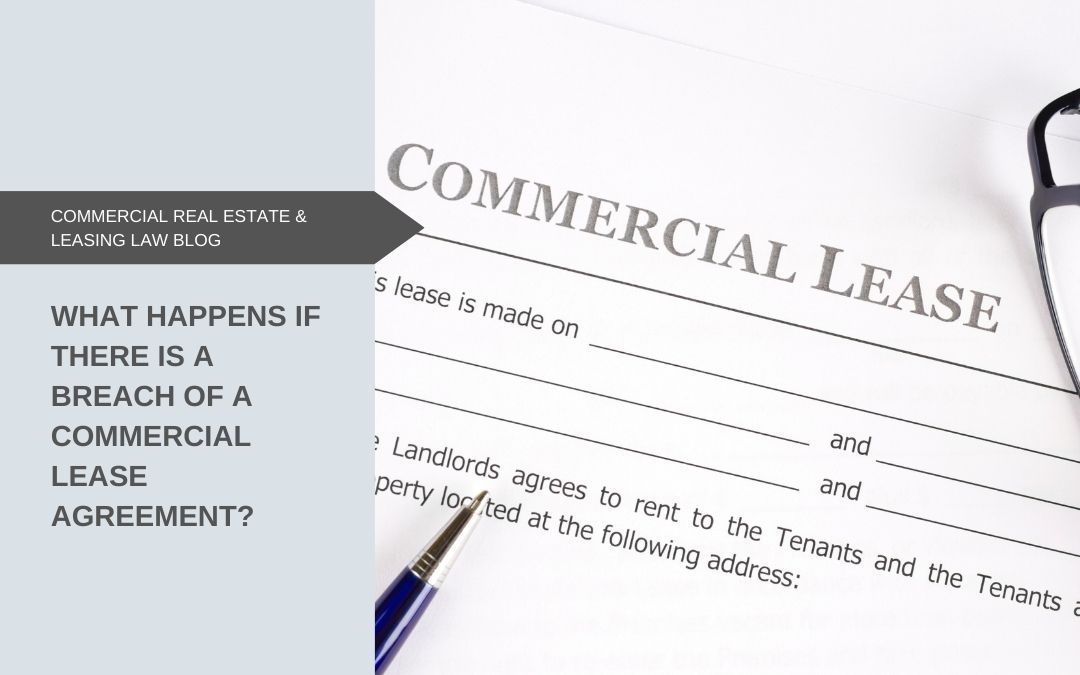Dealing with Breach of a Commercial Lease Agreement: Rights and Remedies
A commercial lease agreement serves as a legally binding contract that outlines the rights and obligations of both landlords and tenants. However, there are instances when one party fails to fulfill their obligations, resulting in a breach of the lease agreement. In this article, we will explore what happens in the event of a breach of a commercial lease agreement and the potential consequences for both parties involved.
Notice of Breach and Opportunity to Cure
Typically, when a breach occurs, the non-breaching party, often the landlord, will provide written notice to the breaching party, usually the tenant, detailing the specific breach and allowing them a specified period to rectify the violation. This notice serves as an opportunity for the breaching party to cure the breach by fulfilling their obligations as outlined in the lease agreement. The notice period can vary depending on the terms of the lease and local laws.
Consequences of a Breach
1. Termination of the Lease:
If the breach is substantial or the breaching party fails to remedy the violation within the specified cure period, the non-breaching party may have the right to terminate the lease agreement. The termination process typically involves providing written notice of lease termination to the breaching party and may require legal proceedings to regain possession of the property.
2. Damages and Financial Compensation:
The non-breaching party may seek financial compensation for the damages suffered as a result of the breach. This can include unpaid rent, costs of repairs, legal fees, and other losses incurred due to the breaching party’s failure to fulfill their obligations. The specific damages sought will depend on the terms of the lease agreement and applicable laws.
3. Specific Performance:
In some cases, the non-breaching party may seek a court order for specific performance, which requires the breaching party to fulfill their obligations as stated in the lease agreement. This remedy is typically pursued when monetary compensation is inadequate to remedy the harm caused by the breach.
4. Mitigation of Damages:
Both parties have an obligation to mitigate damages following a breach. This means taking reasonable steps to minimize losses or expenses resulting from the breach. For example, the landlord may be required to make efforts to find a new tenant to reduce financial losses caused by the tenant’s breach of the lease.
5. Alternative Dispute Resolution:
In certain situations, the parties may choose to pursue alternative dispute resolution methods, such as mediation or arbitration, to resolve the breach and mitigate further conflicts. These methods can provide a more efficient and cost-effective way to reach a mutually acceptable resolution.
In the event of a breach of a commercial lease agreement, both landlords and tenants need to understand their rights and potential remedies. Notice of breach and opportunity to cure is often the first step, allowing the breaching party a chance to rectify the violation. However, if the breach remains unresolved, consequences can include lease termination, financial compensation for damages, specific performance, or alternative dispute resolution. It is important for both parties to consult with legal professionals experienced in commercial real estate law to ensure their rights are protected and the appropriate actions are taken in response to a breach.

